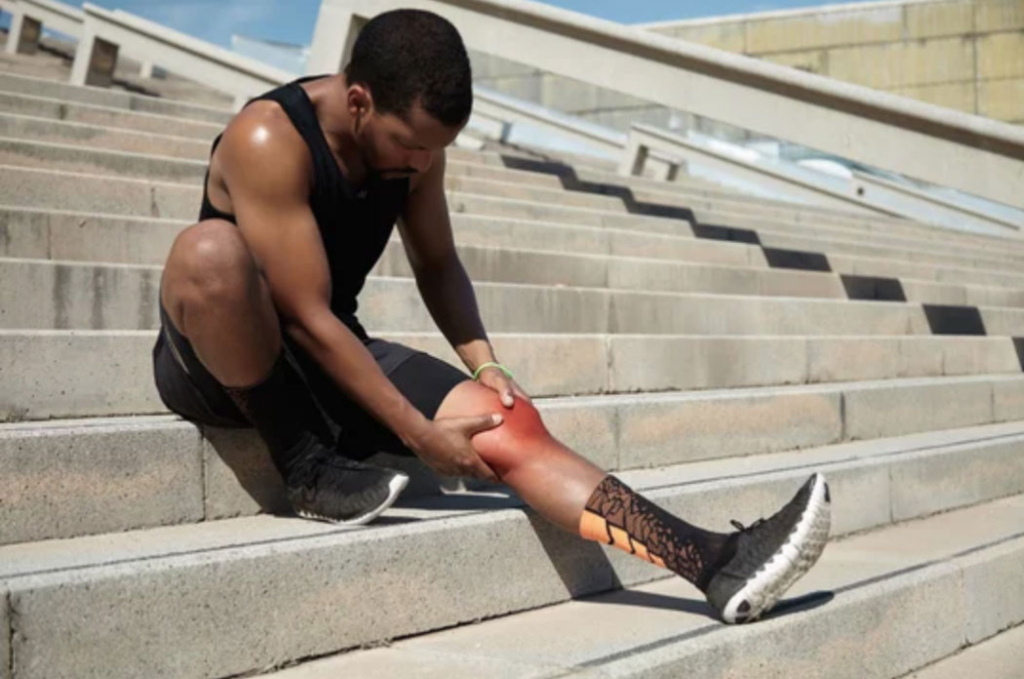Can acupuncture treat vertigo/dizziness?
A recent study found that one 30-minute acupuncture session immediately relieves vertigo and dizziness symptoms (Chiu et al., 2015).
What is vertigo?
Contrary to popular belief, vertigo is not a disease. Instead, it is a symptom of diseases like migraine, benign paroxysmal positional vertigo (BPPV), and inner ear infections. Vertigo is characterized by the sensation of sudden dizziness. Many people describe this as feeling like the room is spinning.
Oftentimes, vertigo is accompanied by other symptoms like:
• Imbalance
• Nausea and vomiting
Is vertigo common?
Yes, every year, around 5% of adults suffer from a vertigo attack (Neuhauser, 2016).
How does acupuncture help with vertigo?
Acupuncture is one of the oldest medical practices of traditional Chinese medicine. It dates back more than 3000 years (Hao & Mittelman, 2014). It involves the placement of fine needles at specific acupuncture points or acupoints. All acupoints are thought to be interconnected through a network called Meridian through which energy (Qi) flows. And each meridian corresponds to an organ. When there is a disruption in the flow of Qi, the corresponding organ suffers. In the case of vertigo, the affected organs are the ear and brain.
Acupuncture works by restoring the flow of Qi, therefore, the function of the ear and brain.
The research
The 2015 study published in the Complementary and Alternative Medicine journal investigated whether acupuncture reduces symptoms of vertigo and dizziness (Chiu et al., 2015).
The study included 60 patients who recently visited the emergency room for vertigo and dizziness due to conditions like BPPV. The patients were between 20 and 90 years old.
The researchers divided participants into one of two groups:
• Real Acupuncture
• Sham acupuncture
Participants underwent one 30-minute session of acupuncture. In the real acupuncture group, acupuncture needles were placed at two points related to vertigo and dizziness; ST36 and PC6. In the sham acupuncture group, the acupuncturist placed seed patches instead of needles away from acupoints. Immediately and 7 days after the acupuncture session, the researchers followed up with the patients.
The researchers found that participants in the real acupuncture group reported less vertigo and dizziness symptoms immediately and 7 days after treatment. Also, they found that real acupuncture was better at reducing discomfort associated with vertigo and dizziness.
The researchers also highlighted the safety of acupuncture treatment. They noted “no adverse event was reported in this study” (Chiu et al., 2015).
What does this mean?
The results of this study suggest that acupuncture is a safe and effective alternative therapy for vertigo and dizziness (Chiu et al., 2015). Also, the relief of vertigo and dizziness is felt immediately after a 30-minute acupuncture session and lasts up to a week.
References
Chiu, Lee, T.-C., Hsu, P.-C., Chen, C.-Y., Chang, S.-C., Chiang, J. Y., & Lo, L.-C. (2015). Efficacy and safety of acupuncture for dizziness and vertigo in emergency department: A pilot cohort study. BMC Complementary and Alternative Medicine, 15(1), 173–173. https://doi.org/10.1186/s12906-015-0704-6
Hao, J. J., & Mittelman, M. (2014). Acupuncture: past, present, and future. Global advances in health and medicine, 3(4), 6–8. https://doi.org/10.7453/gahmj.2014.042
Neuhauser H. K. (2016). The epidemiology of dizziness and vertigo. Handbook of clinical neurology, 137, 67–82. https://doi.org/10.1016/B978-0-444-63437-5.00005-4




